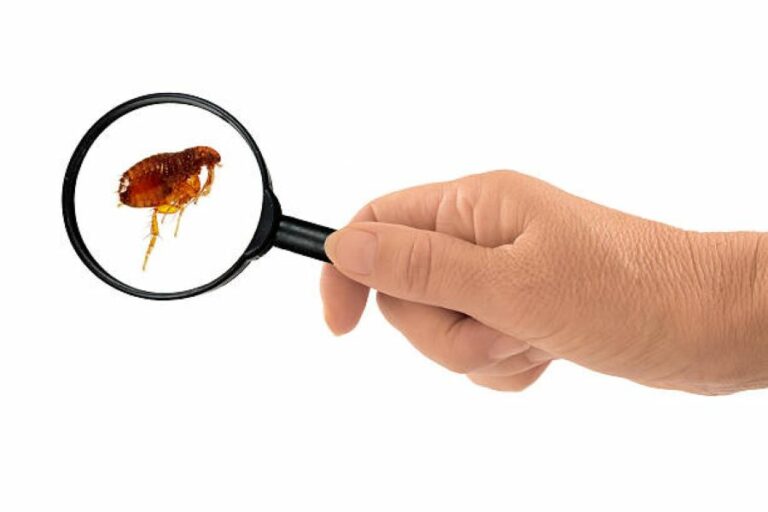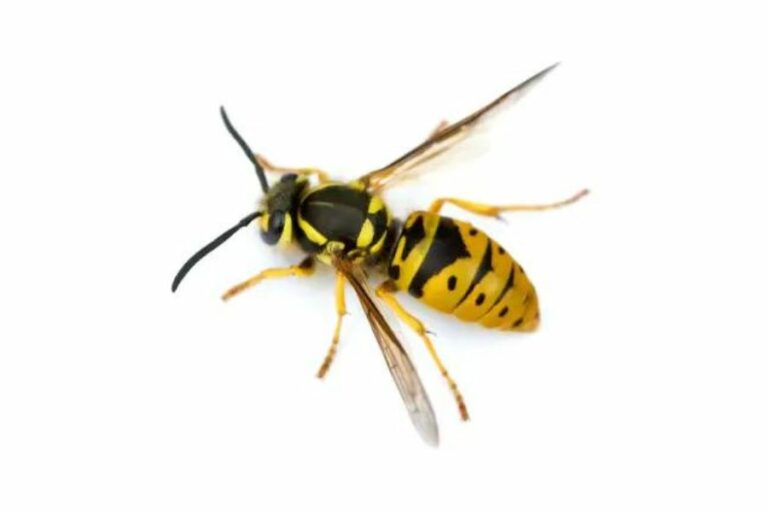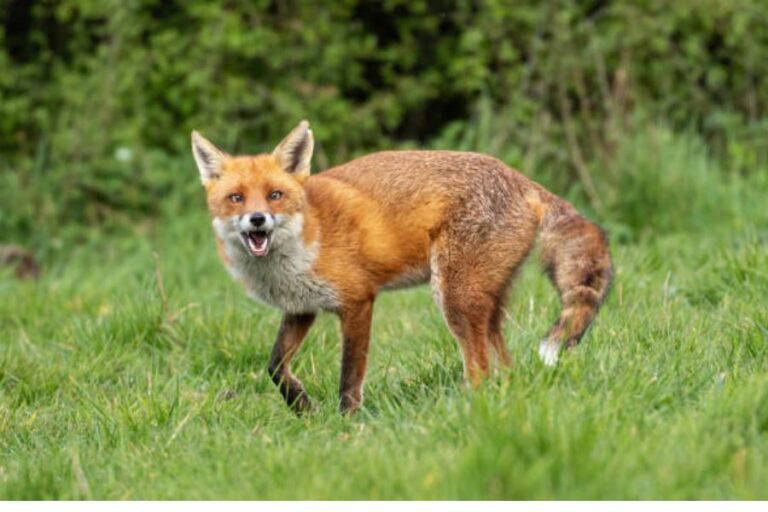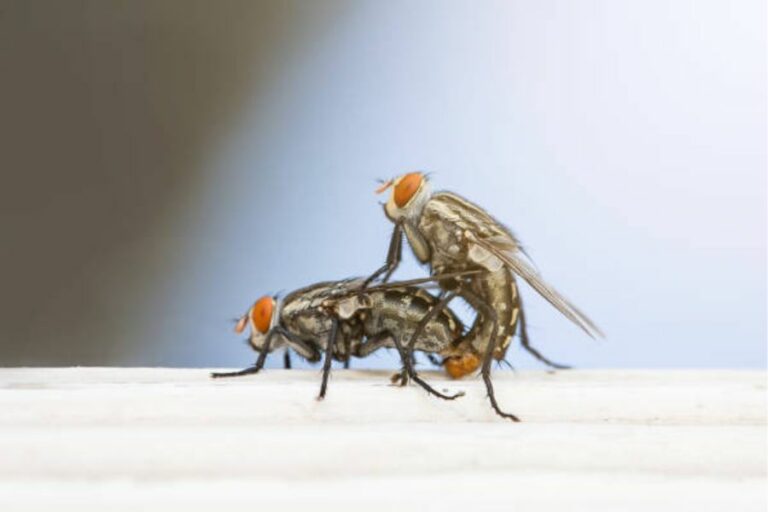Squirrels: Behaviours and Habitats
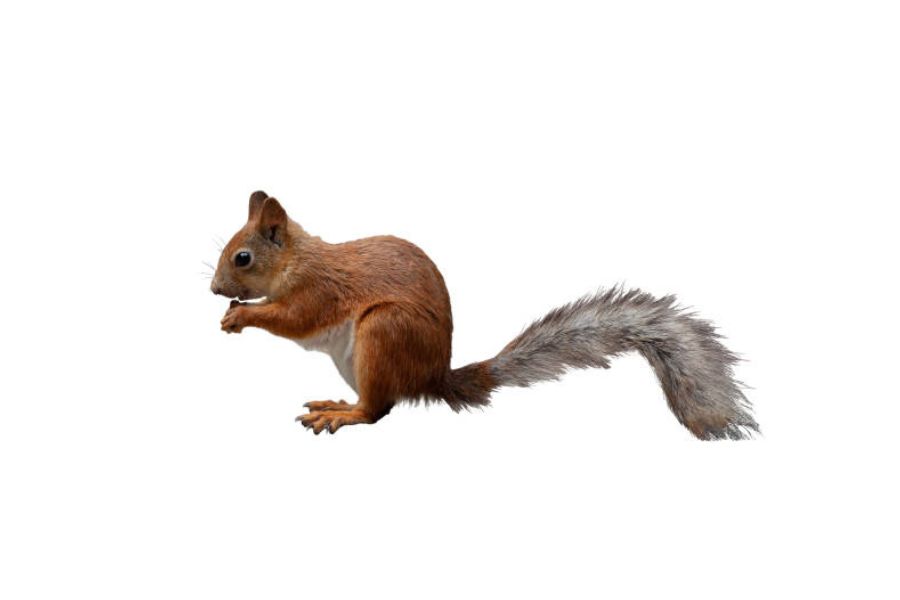
Welcome to our squirrel-centric blog, where we dive into the fascinating world of these agile creatures. Curious about what squirrels eat, where they live, or how fast they can run? We’ve got you covered! Join us as we explore the dietary preferences of squirrels, their preferred habitats, and even their lifespan. Discover the impressive speed at which they scurry through the trees and discover if squirrels hibernate during the colder months—ever wondered if squirrels can swim or if they fall into the category of rodents? We’ll unveil these mysteries and more. And for those pondering whether squirrels mate for life or can be kept as pets, we’ll provide the insights you seek. Plus, prepare to be amazed by intriguing and delightful facts about these lively critters. Get ready for a squirrel-filled adventure as we unravel the secrets and quirks of these charming creatures. Let’s embark on this journey of squirrel exploration together!
What do squirrels eat?
Squirrels are the ultimate food enthusiast, indulging in a diverse culinary palette. Their dining preferences include a medley of tasty treats such as nuts, seeds, acorns, fruits, berries, and even the occasional nibble on buds, flowers, and tender plant shoots. Picture them perched on a branch, adorably clutching a nut between their tiny paws, their sharp teeth cracking it with precision. These nimble foragers are known to stash their food treasures in various hiding spots, creating secret caches that serve as their pantries.
Where do squirrels live?
These agile acrobats of the animal kingdom have mastered the art of creating cosy abodes amidst treetops. From sprawling forests to urban parks and even your backyard, squirrels have found adaptable living spaces in diverse environments. They construct nests, called dreys, often made of leaves, twigs, and moss, snugly nestled within tree branches or hidden within tree cavities. These tree-dwelling dwellings provide squirrels shelter, protection, and a safe place to raise their adorable offspring.
How long do squirrels live?
The lifespan of squirrels can vary depending on factors such as species, environment, and availability of resources. On average, squirrels live anywhere from 5 to 10 years in the wild. However, some lucky squirrels have been known to surpass the decade mark and live up to 15 years or even longer. It’s worth noting that squirrels face numerous challenges in their quest for longevity, including predation, disease, and competition for food and territory.
How fast can squirrels run?
Regarding speed, squirrels are the sprinters of the animal kingdom, leaving us in awe of their swift agility. These tiny creatures can zoom across the ground with lightning-fast speed, reaching impressive velocities. On average, squirrels can scamper at rates of up to 12 to 20 miles per hour (19 to 32 kilometres per hour). Picture them darting across the park, their fluffy tails trailing behind like a graceful banner of determination. With their elegant legs and keen reflexes, squirrels showcase their remarkable athleticism, effortlessly navigating the terrain as they race towards their destination.
Do squirrels hibernate?
As the seasons change and the temperature drops, you may wonder if squirrels retreat into winter slumber like some other animals. However, squirrels do not hibernate in the traditional sense. Instead, they employ a fascinating survival strategy known as “torpor.” During colder months, squirrels enter a state of decreased activity and conserve energy to endure harsh conditions. While they may spend more time cosying up in their nests and indulging in stored food, squirrels remain intermittently active throughout the winter. They venture out on milder days to forage and replenish their food supply, showcasing their adaptability in changing seasons.
Can squirrels swim?
Prepare to be amazed by the aquatic prowess of these woodland creatures! While squirrels are primarily arboreal, they possess a surprising ability to swim when the need arises. Picture a squirrel perched on the branch of a tree, contemplating a leap into a nearby body of water. With a fearless leap, they plunge into the depths, their bushy tail serving as a buoyant rudder. They paddle their nimble paws and gracefully navigate the water with surprising ease. Squirrels are capable swimmers, utilising their instincts and impressive adaptation to aquatic environments when necessary.
Are squirrels rodents?
Yes, indeed! Squirrels belong to the fascinating order of rodents. They are characterised by their ever-growing front teeth that continuously gnaw and their shared ancestry with other furry friends like mice, rats, and beavers. These charismatic critters are part of the family Sciuridae, which encompasses a diverse range of species, including tree squirrels, ground squirrels, and flying squirrels. With their sharp incisors and penchant for chewing, squirrels exhibit classic rodent traits as they scurry, gather, and nibble through life. So, the next time you encounter a squirrel, remember they are proud members of the dynamic and diverse world of rodents.
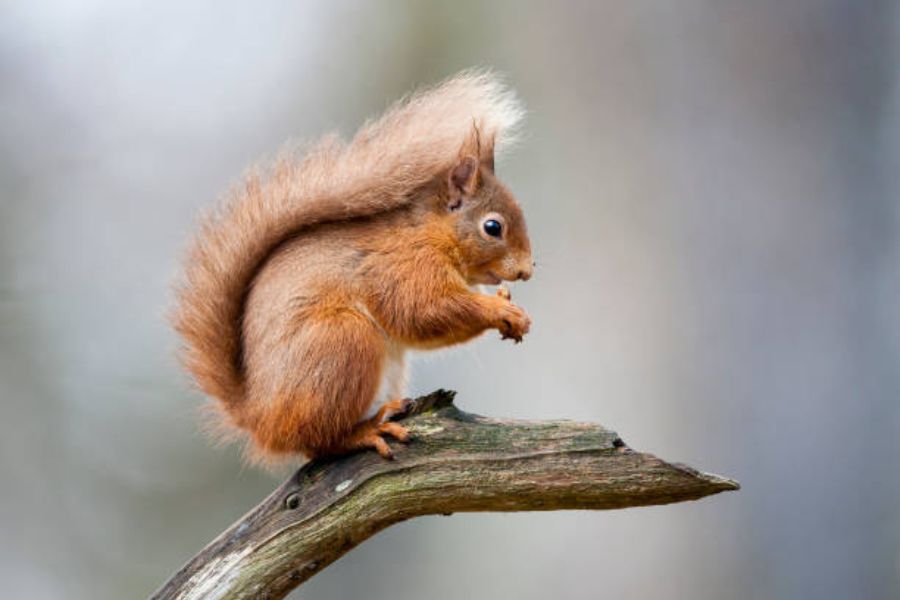
Do squirrels mate for life?
Love is in the air for these bushy-tailed creatures, but do they commit to lifelong partnerships? The answer is more elusive. While squirrels are known for their social interactions and playful courtship rituals, they generally do not mate for life. Squirrel relationships tend to be more transient, with males and females engaging in seasonal breeding. During the mating season, male squirrels engage in acrobatic displays to impress potential mates, showcasing their agility and strength. After a successful courtship, the female squirrel constructs a nest and raises the young. However, once the breeding season concludes, squirrels typically go their separate ways and engage in new courtships in subsequent seasons.
Can squirrels be pets?
While squirrels may captivate our hearts with their adorable appearances, it’s essential to recognise that they are primarily wild animals. In many places, keeping squirrels as pets is illegal or heavily regulated due to concerns for their well-being and potential impacts on native ecosystems. Squirrels have complex physical and behavioural needs best met in their natural habitat. They possess strong instincts, require specific diets, and need ample space for climbing and exploration. Additionally, attempting to keep a wild squirrel as a pet may pose risks to the squirrel and the person involved, as they can carry diseases and exhibit unpredictable behaviours. Therefore, it is generally recommended to appreciate squirrels from a safe distance, respecting their wild nature and supporting their conservation efforts in their natural environments.
What are some interesting facts about squirrels?
Prepare to be amazed by these intriguing and delightful facts about our furry friends, squirrels:
- Squirrel Olympics: Squirrels are natural acrobats, showcasing jaw-dropping agility and dexterity. They can leap up to 10 times their body length and make death-defying jumps from tree to tree with remarkable precision.
- Buried Treasure: Ever wondered how squirrels keep track of their stashed food? Well, these clever critters have an incredible memory. They can remember the locations of hundreds of hidden food caches, relying on their keen spatial memory to retrieve their tasty treasures when hunger strikes.
- Ecological Engineers: Squirrels unknowingly play a vital role in reforestation. As avid gatherers and forgetful foragers, they unintentionally plant countless trees. By burying nuts and seeds and forgetting some of their hiding spots, squirrels contribute to the dispersal and growth of new vegetation.
- Arboreal Artists: Squirrels are skilled architects in building their nests, called dreys. They fashion cosy and secure shelters high up in the treetops using leaves, twigs, moss, and other natural materials. These intricately constructed homes protect them from harsh weather and provide a haven for raising their young.
- Colourful Personalities: Squirrels come in various shades, from the familiar grey and red to the rarer black, white, and even multi-coloured individuals. Their vibrant coat colours add to their visual appeal and serve as effective camouflage in their respective habitats.
- Rodent Dental Marvels: Squirrels’ front teeth, known as incisors, never stop growing! To prevent overgrowth, squirrels continuously gnaw on complex objects like nuts and tree bark. This constant gnawing helps maintain their teeth and prepare them for nut-cracking adventures.
- Cooperative Communities: Squirrels are social creatures and often live in close-knit communities. They communicate through complex chirps, clicks, and tail movements to convey warnings, establish territories, and coordinate group activities. These interactions create a vibrant and dynamic social network among squirrels.
- Clever Deception: To outwit potential thieves, squirrels engage in deceptive behaviour. They may pretend to bury nuts in one location while secretly hiding them elsewhere to throw off competitors who might be watching. This cunning behaviour ensures their food reserves remain secure.
- Chattering Linguists: Squirrels are known for their distinct vocalisations. From high-pitched chattering and rapid trills to loud barks and screeches, they have an extensive repertoire of sounds to communicate with each other and warn of potential dangers.
- High-Flying Marvels: Some squirrels have the extraordinary ability to glide through the air. Flying squirrels, equipped with a flexible patagium membrane, can glide for impressive distances between trees, effortlessly navigating through the forest canopy.
These fascinating facts offer a glimpse into the captivating world of squirrels, reminding us of the wonders that unfold in nature’s diverse tapestry. So, watch for these charismatic creatures and marvel at their remarkable adaptations and behaviours as they bring joy and intrigue to our surroundings.

